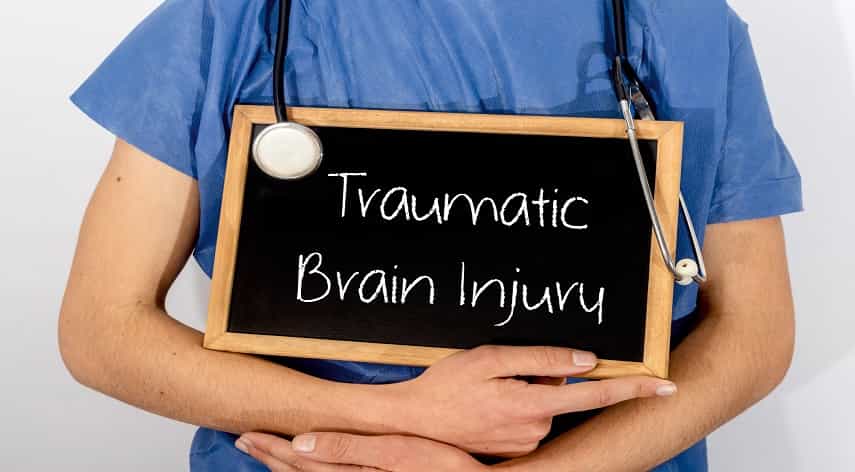What Is a Tbi and How Is It Treated?

Are you looking to learn more about TBI, or traumatic brain injury? Confused about the differences between TBI, a concussion, and its poorer cousin, the subdural hemorrhages? That’s understandable.
There’s a great deal to understand about the condition, including what it is and what it isn’t, how it can be treated, and its effects on those who suffer from it. But with so much to cover, it might be hard to get the full picture. That’s where this article comes in.
Read on to get the clearest possible picture of what is a TBI, its treatment options, and a lot more.
Table of Contents
ToggleWhat Is a TBI?
A TBI, or a Traumatic Brain Injury, is a type of damage to the brain that can occur after a head injury. A TBI is a serious, life-threatening condition. A TBI can occur when the head got hit by an object, or when the head is suddenly and violently shaken.
A TBI can also occur when the head is forcefully struck, or when the head hits a hard surface. The most common causes of TBI are car accidents, falls, and violence.
TBI can lead to a number of symptoms, including impairments in cognition, behavior, and physical function. Treatment for TBI usually involves a combination of rehabilitation and medication.
Read more on TBI awareness for you to be able to know if you need treatment or help from the experts.
How a TBI Is Diagnosed
The first step in diagnosing a TBI is to ensure that there are no life-threatening injuries. Once any immediate dangers have been ruled out, a medical team will perform a series of tests to assess the individual’s cognitive, motor, and sensory functioning.
Imaging tests, such as an MRI or CT scan, may also be used to assess the extent of the damage.
The Symptoms of a TBI and Treatment Options
TBI can cause a wide range of symptoms, including headache, dizziness, nausea, vomiting, blurred vision, cognitive problems, and mood changes. While some of these symptoms may resolve on their own, others may require medical treatment.
The severity of a TBI can range from mild to severe, and the treatment approach will be based on the individual’s symptoms and the extent of the injury. In some cases, TBI treatment may require surgery to repair damage to the brain. In other cases, rehabilitation and therapies may be necessary to help the individual regain function and rebuild cognitive abilities.
The Prognosis for a TBI
The prognosis for a TBI can be very difficult to predict as it depends on many factors, including the severity of the injury, the age of the patient, and the individual’s overall health. In general, however, patients with a TBI can expect to experience some degree of cognitive, physical, and/or emotional impairment.
The severity of these impairments can range from mild to severe, and they may be temporary or permanent.
Seek Medical Attention Immediately
Now that you know what is a TBI, and If you have suffered from it, it is important to seek medical attention immediately and follow your doctor’s orders for treatment.
There is no one-size-fits-all approach to treating a TBI, but some common treatments include rest, limiting cognitive and physical activity, and medication. With proper treatment, many people with a TBI make a full recovery.
Did you find this article helpful? Check out the rest of our website for more great content!
Recommended For You
Spread the loveAre you striving to lose weight without sacrificing your health? With weight loss advice seemingly coming from every
Spread the loveSeniors with Parkinson’s disease (PD) can lead satisfying lives, even though there is currently no cure for the
Spread the loveHave you ever stumbled upon an IP address that seems to be shrouded in mystery? One such enigmatic





